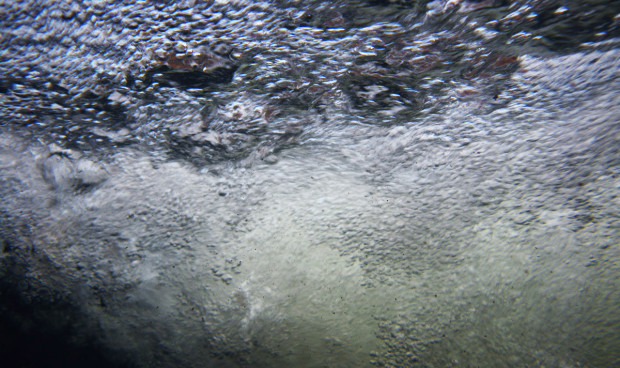Seven days. Eleven people. Plenty of powerful stories. An intense and inspiring week of interviewing for research on meaningful nature experiences causes one to reflect on what is actually being perceived and going on behind the veil of visible reality.
We have just completed a week-long road trip along the southern Cape of South Africa. From Grahamstown to Cape Town we are grateful to have had the chance to enter into dialogue with some remarkable people who, each in their own humble way, had their own stories of meaningful nature experiences and profound encounters with wildlife to share.
The week delivered more inspiration than we could have imagined…and certainly expected. Some stories bordered on the bizarre. Others inched towards the incredible.
From up close and ‘(inter)personals’ with otters, elephants, lions, leopards, baboons, sharks, monkeys, antelope, snakes, owls, swallows… Or, without animals, it may have been a pivotal moment – in a group or alone – where suddenly there was a realization. A realization – which is often still being ‘realized’ – but nevertheless has stayed with the person until this time.
We were presented with a whole spectrum of stories. And clearly when it comes to labeling or categorizing such stories, there is ‘no one size fits all’. It shouldn’t still come as a surprise, but more than ever it was clear that people’s stories do not fit into the models or categories which I have framed or labeled based on my own past experience.
These stories caused us to re-think some basic assumptions of what constitutes a meaningful nature experience. It took us further down the rabbit hole in terms of coming to a consensus on the perceived impacts of invasive alien species on human experience. And, without a doubt, the views and insights elicited from interviewees threw so much of our accepted current educational system – and ways of learning – into serious question.

Each interviewee contributed some unique insight of value…which helped deepen our own understanding and clarity of what exactly it is that we are trying to gain from this research.
Were there common themes or trends? Well, the real analysis of this research is for the months ahead. But a few things naturally stood out:
- The impact of early childhood experience and youth contact with nature: almost all interviewees (who have had meaningful nature experiences later in life) were subject to significant close contact with nature as a child. And they often had the opportunity to explore natural areas;
- Sense of place and belonging: A few interviewees had their profound experiences in places where they had spent a significant period of their life. It was as if they were ‘going deeper’ into particular places and spaces;
- Role of the environment: Whilst the majority of the powerful stories were experienced in ‘wild areas’, they were certainly not limited to there. Sometimes wildlife literally came knocking on the household window;
- Impact of education: the fact that our education heavily shapes our perception and even our experience was massively reinforced – and probably none more so than the contentious issue of how one (emotionally and intellectually) responds to the presence of alien invasive (exotic/non-native) animal and plant species;
- Definition of synchronicity: few interviewees were able to define and a number had not heard of it. But almost all ‘felt’ their way to their own understanding of the concept. Most subsequently came to something close to the commonly accepted definition (i.e. a meaningful coincidence which appears to go beyond the probability of chance; an outer (physical) event corresponding meaningfully and causally to one’s inner thoughts);
- Swirling beneath the surface: It felt like there was an underlying thread that tied people and their stories together. Most interviewee’s stories imbued a sense of ‘a something’ swirling beneath the surface of visible reality. It was a quality which resonated with a vibration of unexplained mystery. Interviewees exhibited an understandable shyness about some experiences – and an interpretation was only truly revealed through further questioning. The idea of ‘an energy’ or an ‘energetic communication’ was cited in some cases. This interpretation is something which we also came across in 2010 when interviewing tertiary students about their understanding of profound encounters with wildlife.
We’re still on the lookout for more stories of your own meaningful nature experiences and/or profound encounters with wildlife. So please don’t be shy and share by emailing Matt at info@eyes4earth.org.








Be the first to share a comment